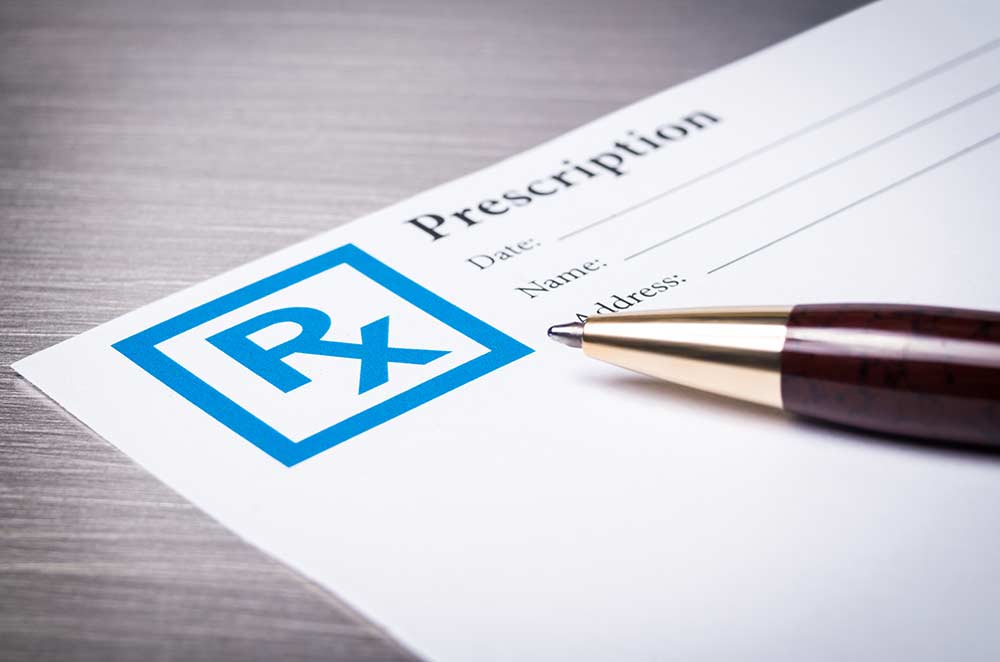Commonly Snorted Prescription Drugs – Painkillers and Smart Drugs
Among the more commonly snorted prescription drugs are opiate painkiller drugs like oxycodone (a.k.a. Oxycontin) and smart drugs like Adderall, which when snorted can reportedly produce a cocaine-like high.
In the case of oxycodone, a majority of those with a substance abuse problem prefer to snort the drug, according to
researchers at the Washington University School of Medicine in St. Louis. They found that 64 percent of people with an oxycodone addiction crushed and then inhaled the drug. (In the same study, roughly one in four hydrocodone users preferred the same method of taking hydrocodone.)
“Smart drugs” refer to a class of doctor-prescribed, stimulant drugs that are intended for people with a legitimate diagnosis of attention deficit disorder (ADD) or attention deficit hyperactivity disorder (ADHD). In recent years, however, drugs like Adderall, Ritalin, and Concerta have received increasing scrutiny as drugs of abuse by a growing section of teens and college-aged students and
young professionals in this country.
Snorting smart drugs is the second most extreme high (next to injecting them) for users, a significant proportion of whom (40 percent in
one study) choose this method of administration over others.
The Health Risks of Snorting Prescription Drugs
One common fallacy that can drive drug abuse is that these drugs, by virtue of having been approved by the Food and Drug Administration and having been prescribed by a doctor, are safe (or at least not as dangerous, when misused, as illicit drugs). Nothing could be further from the truth, as exemplified by the health risks and dangers of snorting prescription drugs.
First, there are certain health risks unique to snorting prescription drugs more generally:
- Throat and/or sinus irritation from foreign particulates
- Sores in nose and mouth
- Acute inhalation injury or acute lung injury, including asthma
- Chronic sinus infections and congestion
- Damage to nasal membranes and tissues, including perforations or ulcerations in the nasal mucosa that can lead to necrosis
- Exposure to and transmission of Hepatitis C or other blood-borne diseases when a straw, dollar bill or other shared device is used by more than one user to snort a drug
- An experience of more acute toxic side effects of the drug being snorted (such as hallucinations, changes in perception, impaired coordination, aggression and risk-taking behavior, according to one study)
- Increased potential for addiction to the drug and in a quicker window of time (as the result of the quicker, more intense high resulting from nasal administration)
- Overdose and/or death, because of rapidly higher concentrations of the drug in the blood and pulmonary complications, including hypoxia with airway obstruction and potential central respiratory depression with respiratory failure
Snorting a drug also adds a new layer of risk, which
one study chalked up to the “unpredictable disposition within the nose”: the fact that the same dose of a particular prescription drug may have greatly varying side effects.
In other words, a user who snorts a drug is less able to control how much of the drug they are taking and may inadvertently take a high dose. A high dose will only exacerbate the potentially harmful side effects and complications of the particular drug of abuse. For example, the effects of smart drugs at higher doses, which have been described in a
2006 article in the publication, Substance Abuse Treatment, Prevention and Policy, include the following symptoms that range in severity:
- Dizziness or blurred vision
- Anxiety
- Insomnia
- Headaches
- Sweating
- Dryness of the mouth and eyes
- Aggressiveness
- Confusion
- Loss of appetite
The same study stated that frequent intranasal administration of these drugs (i.e. snorting) was especially associated with the following disturbing and potentially dangerous psychological symptoms:
- Repetitive behaviors such as “tweaking”
- Hallucinations (like the “tactile perception as if there are bugs under one’s skin”)
- Paranoia and bizarre delusions
With opiate painkiller medications, snorting has been known to lead to certain drug-induced lung diseases.
If, based on the above symptoms, you have reason to believe a loved one has a prescription drug abuse problem, call us today for a free and confidential consultation.





